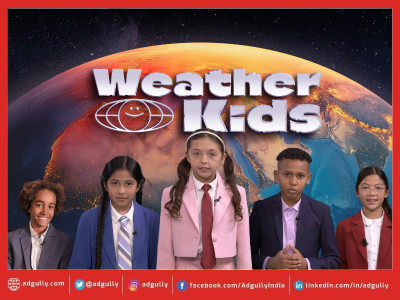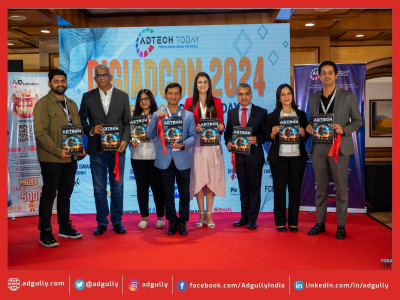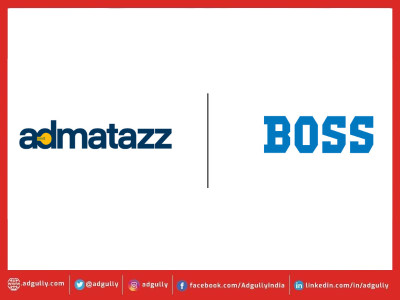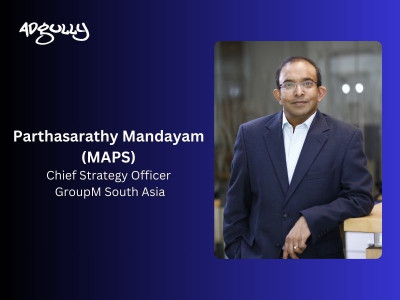Arthan along with Climate Trends come together for Climate Forum
According to the World Health Organization, between 2030 to 2050, climate change is expected to cause 250,000 additional deaths per year. There will be an increase in these deaths due to malnutrition, diarrhea, heat stress, malaria, etc. The number of natural disasters that are weather-related have increased threefold in comparison to previous decades. According to the World Health Organization (WHO), “The direct damage costs to health (i.e., excluding costs in health-determining sectors such as agriculture and water and sanitation), is estimated to be between USD 2-4 billion/year by 2030”. Infact in the past year we have seen an increase in the heavy rainfall in the central and southern states of India, Telangana, Andhra Pradesh, Karnataka and Maharashtra and there have been many deaths due to floods and heavy rainfall.
We are no longer at a point where the climate crisis can be ignored. The fallout and impact can be felt across all aspects of life. One of these is gender-based violence. According to International Union for Conservation of Nature (IUCN), “Expressions of gender-based violence affect an estimated one in three women and girls, but are also experienced by people of all sex and gender identities”. The increase in habitat destruction caused by increase in floods, cloud burst, cyclones, etc. have caused mass displacement of people and their livelihoods. This then results into overcrowded and unsafe conditions in disaster shelter homes and leaves the women, girls and other gender minorities vulnerable to sexual violence. Gender-based oppression is not only a violation of human rights but also a blockade to achieving sustainable development goals and conservation of environment. Climate change is detrimental for human health as well as it can lengthen the transmission of vector-borne diseases and increase the death rate in elderly people and the vulnerable communities. Livelihoods are also adversely affected by climate change, especially in the agricultural sector that relies on rain-fed production and the increase in climate-related disasters damages the infrastructure thereby affecting the delivery systems of those who grow horticulture products.
Given the critical importance to building climate action, Climate Trends in collaboration with Arthan is organizing a Climate Forum titled: Climate Action: An Intersectional Approach. This is first in the forum in three parts ‘climate series’ where individuals and organizations from different sectors come together to discuss the interlinkages between climate change and different social issues in India. The forum will pave the way to foster collaboration towards a common vision of fighting climate change and building climate resilience. The forum will bring together 14 speakers /experts in the space of gender equality, health, social justice, inclusion and rural technology as they unpack the links between climate change and their work. There will be four panel discussions on topics focusing on the impact of Climate Change on Gender Equality, Human Health, Social Justice, and Inclusion and Rural Technologies.
The panel discussion of Climate Change and Human Health will raise issues like the health issues that India is facing over the next few decades and is the health sector equipped to tackle the growing health risks associated with climate change. The panel discussion on Climate Change and Gender Equality will highlight the issue of women being affected by the climate crisis and how women's empowerment is key to the success of climate change mitigation. Panel discussion on Climate Change and Social Justice will throw light on what role the Governments and CSOs can play in high coal producing states towards Just Transition and secure the livelihoods of coal labourers. The panel discussion on Climate Change, Inclusion and Rural technologies will be discussing grassroots organizations’ role in helping to enhance awareness among rural consumers to energy efficient electrical products to mitigate climate change.
The forum will see participation from organizations like Ford Foundation, OXFAM India, MacArthur Foundation, Jan Sahas, Mann Deshi Bank and Foundation, IIT-Delhi, Centre for Policy Research, Climate Trends, PATH, Centre for Environmental Health PHFI, ICMR-NIIRNCD, Jodhpur, Council on Energy, Environment and Water (CEEW), Breakthrough India, The Rockefeller Foundation.
The Climate Forum will be held on June 24, 2021 from 2:30-6:30 PM and is created to provide a platform to initiate a dialogue on how social sector organizations can build strategies within their work to address the impact of climate crisis and build mitigation strategies.
Link to Register: https://us02web.zoom.us/webinar/register/WN_MrWJAG2MSgiVMcvwur9wsQ
Climate Trends is a strategic communications initiative building a narrative in India around climate ambition and low carbon development pathways, based on data driven and fact-based analysis. Their focus is on building an understanding of the public and media on themes of climate change and energy transition.
Arthan is an organization dedicated to strengthening the social sector in India through capacity building and consulting support in the areas of human capital, strategy, fundraising and partnerships to name a few. Arthan believes in strengthening the social impact ecosystem by creating opportunities for building thought leadership through Arthan Social Forum, by bringing together diverse stakeholders, experts and practitioners to build dialogue, accelerate solutions and inspire systemic collective action to address the myriad development challenges we face.
















Share
Facebook
YouTube
Tweet
Twitter
LinkedIn